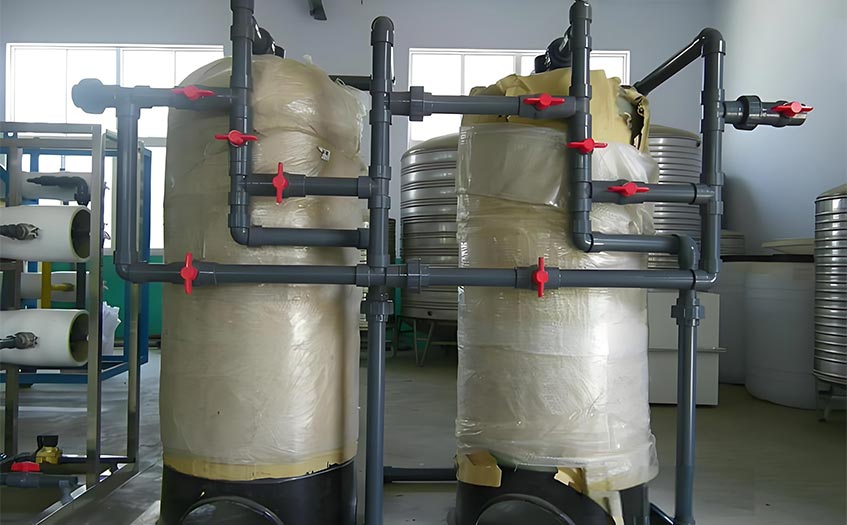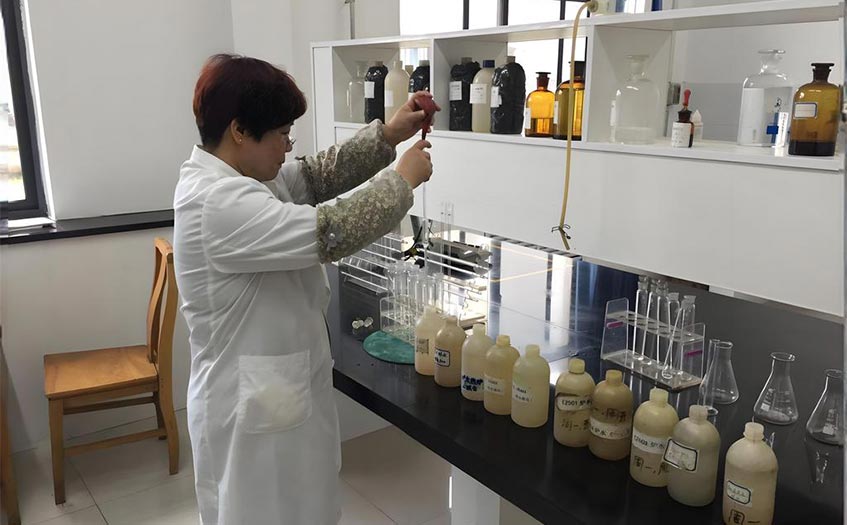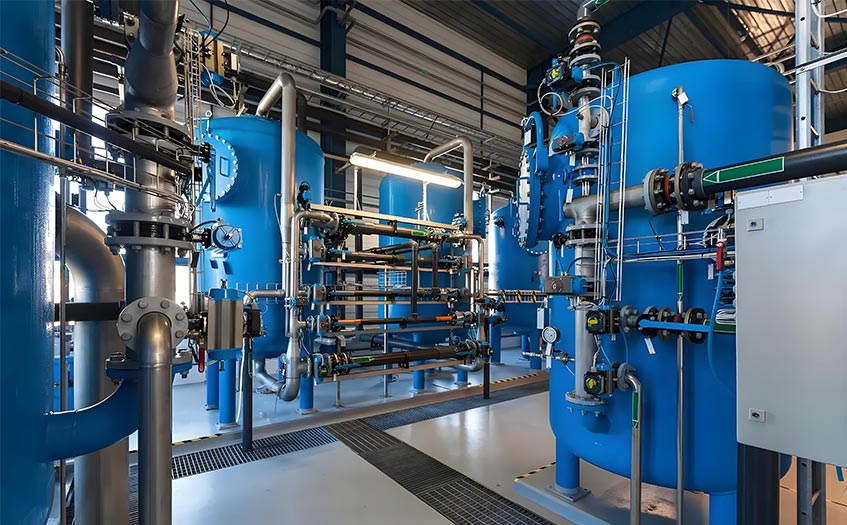Boiler water alkalinity is a critical parameter in boiler operation. It is directly related to the safe operation of the boiler, steam quality and equipment maintenance cost. Understanding and controlling the alkalinity of boiler water is of great significance to ensure the normal operation of the boiler.This article will explore the standard range of general boiler water alkalinity and the factors that influence it.

Boiler water alkalinity, also known as boiler scale, is the sum of alkaline substances contained in boiler water. These alkaline substances mainly include carbonates, hydroxides, etc., which exist in the form of ions in water.For example,(CO₃²⁻)、(HCO₃⁻) and (OH⁻)etc.
The standard range of boiler water alkalinity varies depending on the type of boiler, rated steam pressure, and water treatment method used. According to the national standard "GB/T 1576-2018 Industrial Boiler Water Quality", the following are some common boiler water alkalinity standards:
For boilers with external water treatment, when the rated steam pressure is within 1.6MPa, the total alkalinity requirement shall not exceed 14.0mmol/L; When the rated steam pressure is between 1.6 and 3.8 MPa, the total alkalinity requirement is not more than 12.0mmol/L.
For boilers that use in-boiler water treatment, the required range of boiler water alkalinity is between 8.0 and 20.6 mmol/L.
The alkalinity requirement for feed water and boiler water is no more than 12 mmol/L.
For boilers without superheaters that use softened water for make-up, there are different requirements for the total alkalinity of boiler water depending on the rated steam pressure.For example, when the rated steam pressure is less than or equal to 1MPa, the boiler water alkalinity is 6~26mmol/L.When the rated steam pressure is between 1.0 and 1.6 MPa, the total alkalinity of boiler water is 6~24mmol/L.
Boilers using demineralized water for make-up water have relatively low total alkalinity requirements, which usually decrease gradually with increasing rated steam pressure.

Boiler water alkalinity is affected by many factors, including boiler load, blowdown, water treatment method, and feed water quality. In order to control boiler water alkalinity, the following measures can be taken:
1.Reasonable sewage discharge: Regular sewage discharge is an effective means to control the alkalinity of boiler water. Through sewage discharge, some salt and suspended matter in boiler water can be discharged, thereby reducing the alkalinity of boiler water.
2.Reasonable sewage discharge: Regular sewage discharge is an effective means to control the alkalinity of boiler water. Through sewage discharge, some salt and suspended matter in boiler water can be discharged, thereby reducing the alkalinity of boiler water.
3.Strengthen monitoring and adjustment: Conduct regular testing and analysis of boiler water to understand changes in indicators such as boiler water alkalinity, hardness, and chloride ions, and adjust the water treatment plan in a timely manner based on the test results.

Boiler water alkalinity is one of the parameters that need to be focused on during boiler operation. Understanding and controlling boiler water alkalinity is of great significance for ensuring safe operation of the boiler, improving steam quality, and reducing equipment maintenance costs. By taking measures such as reasonable sewage discharge, optimizing water treatment methods, and strengthening monitoring and adjustment, the alkalinity of boiler water can be effectively controlled to ensure long-term stable operation of the boiler.